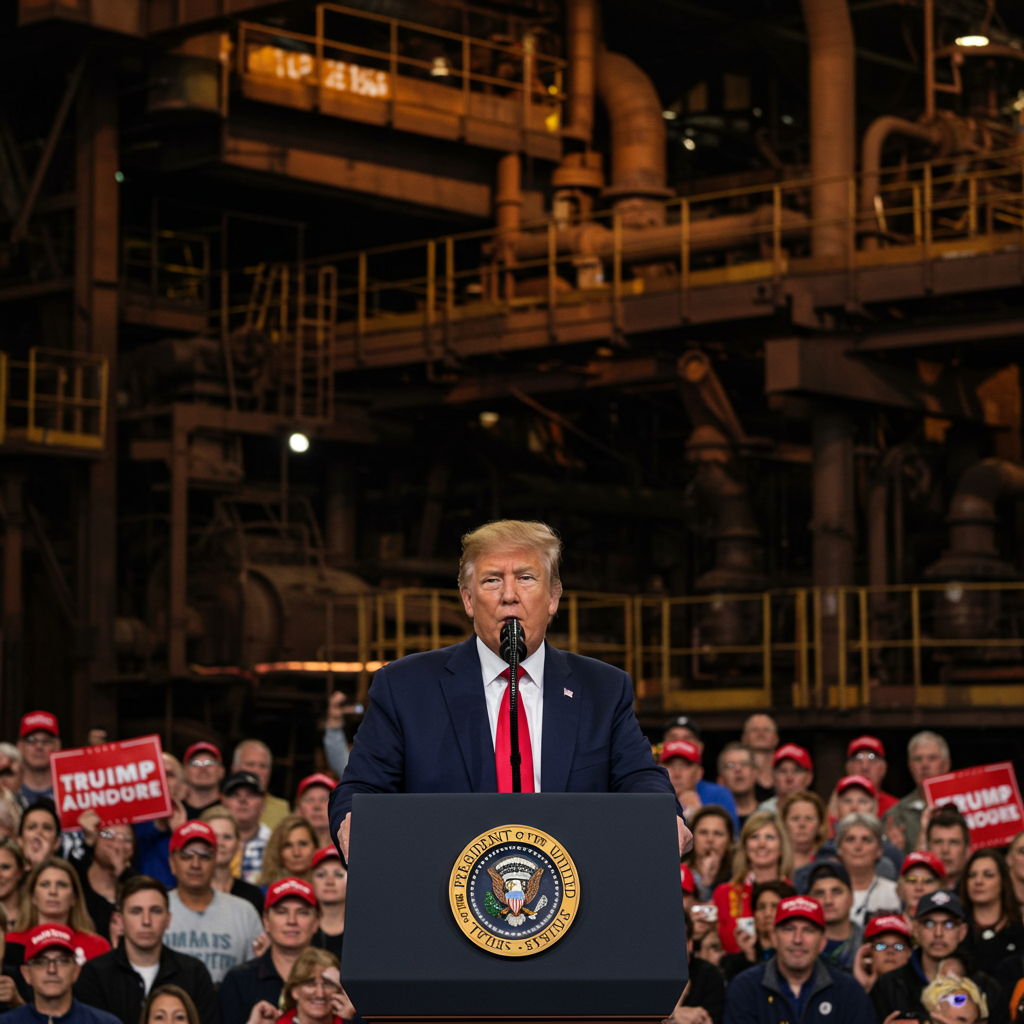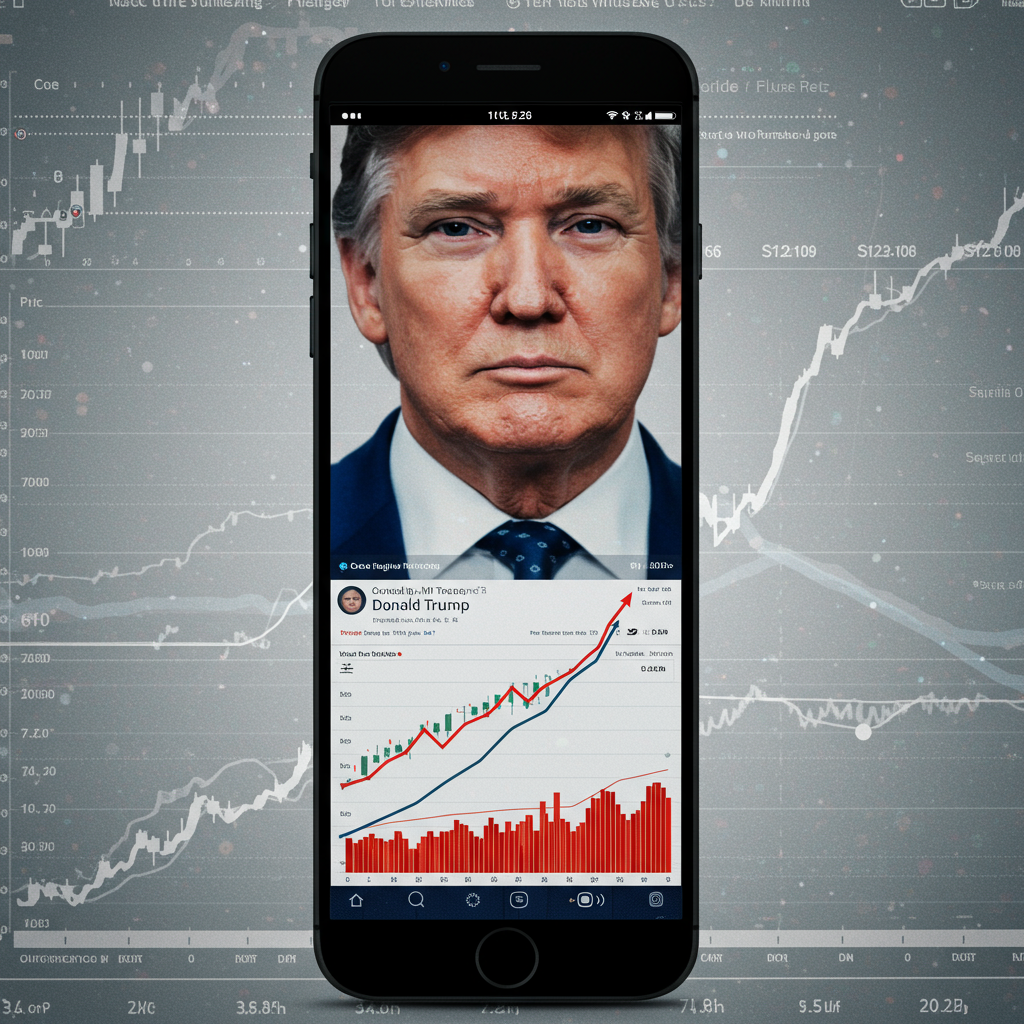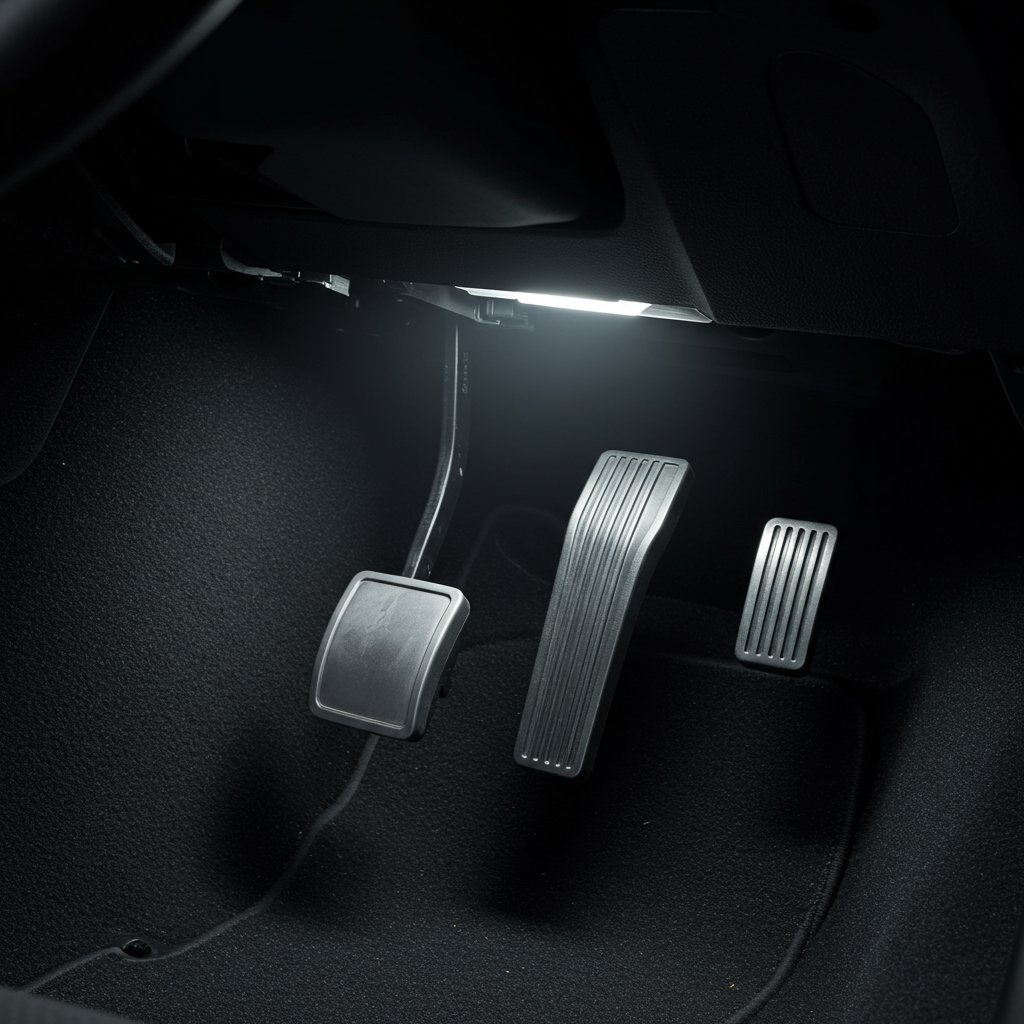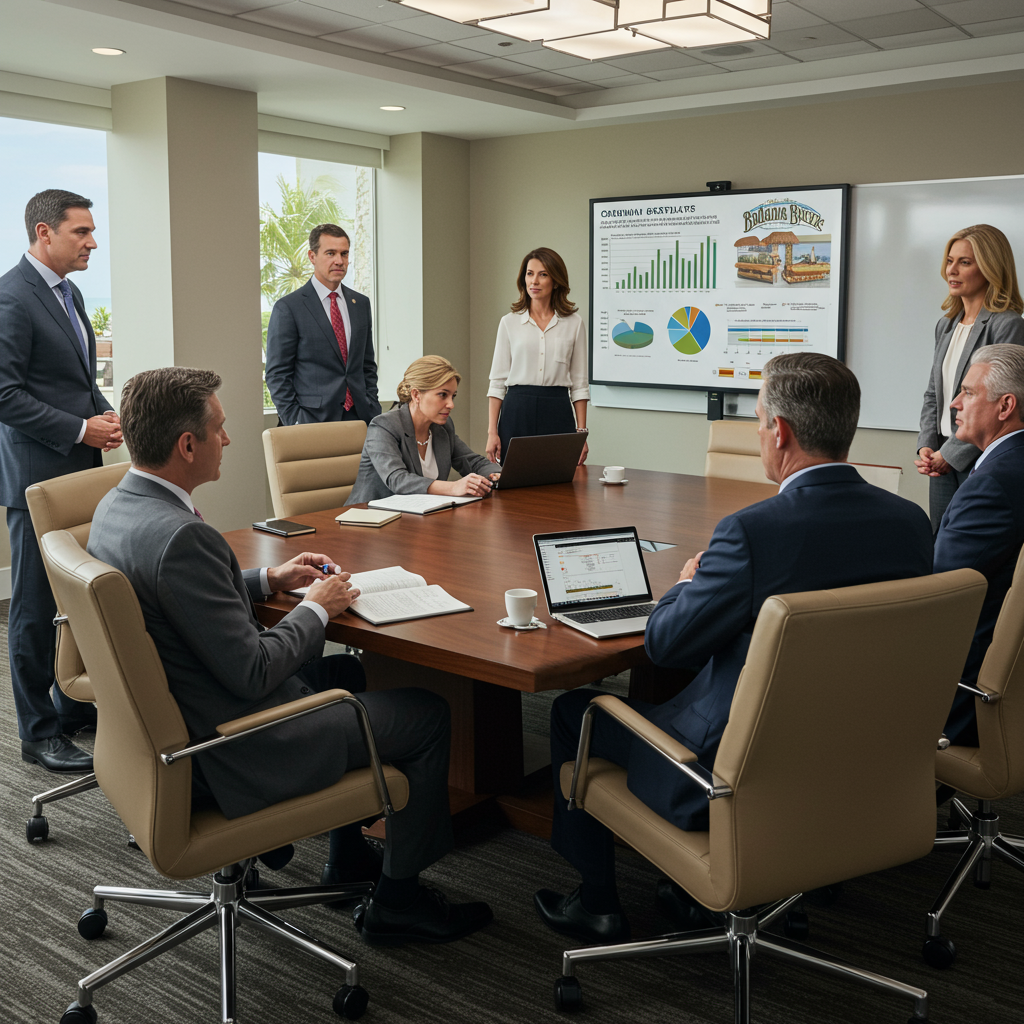Former President Donald Trump has announced a significant escalation of his trade policy, stating the U.S. will double its import tariffs on steel and aluminum. The current rate of 25% is set to rise to 50%, beginning this coming Wednesday.
Speaking at a rally in Pittsburgh, Pennsylvania, a heartland of the American steel industry, Trump positioned the move as a critical step to boost domestic steel production, strengthen the national supply chain, and reduce reliance on imports, particularly from countries like China.
Focus on US Steel and a Controversial Partnership
The announcement came as Trump addressed steelworkers, promising “no layoffs and no outsourcing” and even a $5,000 bonus for every U.S. steelworker. He explicitly linked the tariff hike to ensuring the survival of US Steel, America’s largest steel manufacturer, headquartered in Pittsburgh.
Trump also referenced a substantial $14 billion investment in the area’s steel production, seemingly connected to a proposed “partnership” between US Steel and Japan’s Nippon Steel. However, the nature of this deal remains complex and has faced significant scrutiny.
While Trump described it as an “investment” and “partial ownership” structure that would keep US Steel “controlled by the USA,” this contrasts with previous characterizations, including US Steel’s own filing describing a “merger” where it would become a “wholly owned subsidiary” of Nippon Steel North America. President Joe Biden had previously blocked Nippon Steel’s earlier $15 billion takeover bid in December 2023 on national security grounds. Trump himself had campaigned against that specific takeover, vowing to “block it instantaneously.”
Following a new review, Trump’s administration appears to have cleared a path for a revised arrangement reportedly involving a “national security agreement” and mechanisms like a “golden share” – a contractual right for the U.S. government to veto certain actions – to ensure U.S. control, production levels are maintained, and leadership includes American citizens. Despite these assurances, the United Steelworkers union has expressed continued concern, citing Nippon’s history regarding trade laws and potential risks to domestic capacity and jobs.
Context: A Declining Industry and Trade Tensions
The proposed tariff increase arrives amidst a backdrop of declining U.S. steel manufacturing. Countries like China, India, and Japan have become global leaders in production, with roughly a quarter of all steel used in the U.S. being imported. Trump has previously voiced frustration with this import reliance.
While Trump’s previous 25% tariffs implemented in 2018 were credited by some, including local union members like JoJo Burgess, with improving conditions and wages for steelworkers, they have also contributed to significant global economic disruption. Past tariffs have strained international relations and fueled a tit-for-tat trade battle, particularly with China.
Adding to the tension, Trump recently accused China of violating a tariff truce, although specific details remain unclear, with U.S. officials suggesting China was slow in removing non-tariff barriers. China, the world’s largest steel producer, retorted by urging the U.S. to end discriminatory restrictions.
International Backlash and Economic Concerns
The planned doubling of tariffs has drawn sharp criticism from international partners.
Canada: Reactions have been particularly strong, with labor leaders calling the move a “direct attack” that risks thousands of Canadian jobs and communities. Canada’s Prime Minister has indicated intentions to accelerate national building projects as a countermeasure.
Australia: Australia’s Trade Minister labeled the proposed increase “unjustified and not the act of a friend,” calling it “an act of economic self-harm.” Despite exporting relatively little steel, Australia is a notable source of U.S. aluminum imports. Australia has stated it will advocate for tariff removal but will not take retaliatory measures, arguing the tariffs harm consumers and businesses in both countries.
- European Union: The EU has also stated it is “prepared to impose countermeasures,” noting the decision adds “further uncertainty” and increases costs for consumers and businesses.
- https://www.bbc.com/news/articles/cy0k5x21y35o
- https://www.theguardian.com/australia-news/2025/may/31/australia-trade-minister-react-trump-tariffs-steel-aluminium
- https://www.nbcnews.com/politics/trump-administration/trump-says-us-will-double-steel-tariffs-50-rcna210080
- https://time.com/7290211/trump-doubles-tariffs-steel-aluminum-backlash-experts-canada/
- https://finance.yahoo.com/news/live/trump-tariffs-live-updates-trump-says-he-is-doubling-tariffs-on-steel-imports-to-50-191201004.html
Economists and critics question the economic justification for such high tariffs. They argue that while the domestic steel industry might benefit, the increased costs for raw materials like steel and aluminum will negatively impact downstream U.S. industries such as automotive and construction, potentially leading to job losses in those sectors. Experts also point out that frequent changes and threats regarding tariffs create significant uncertainty, discouraging necessary long-term investments crucial for heavy industry’s growth.
Legal Landscape
The tariff announcement occurs while some of Trump’s broader tariff policies face legal challenges. Although a U.S. court initially ruled certain sweeping tariffs unlawful, an appeals court has granted a temporary stay, allowing those tariffs to remain in effect pending further review. Crucially, the steel and aluminum tariffs, implemented under different legal authority (Section 232, national security), do not appear to be directly affected by this specific ongoing lawsuit, though the broader legal context adds to the trade policy’s unpredictability.




